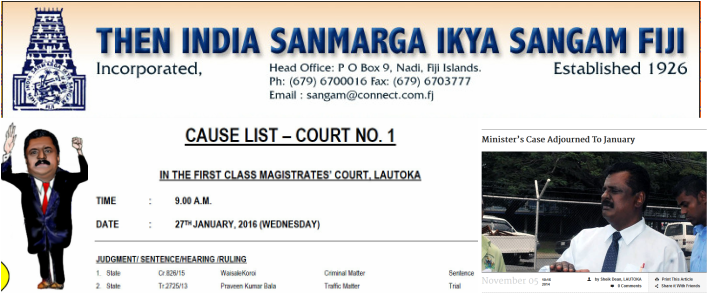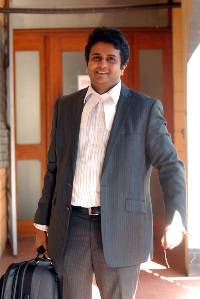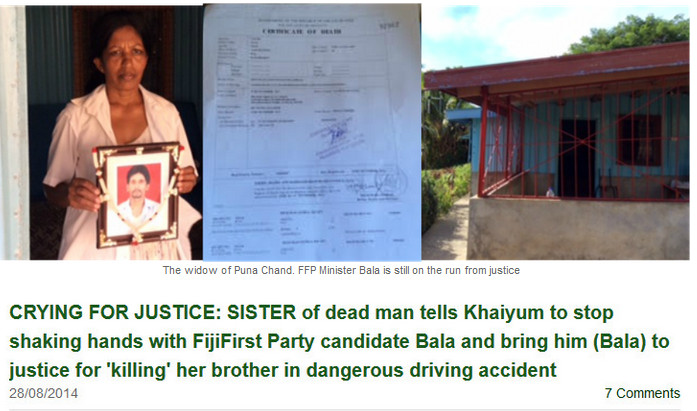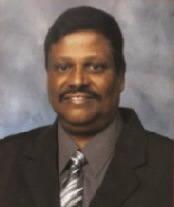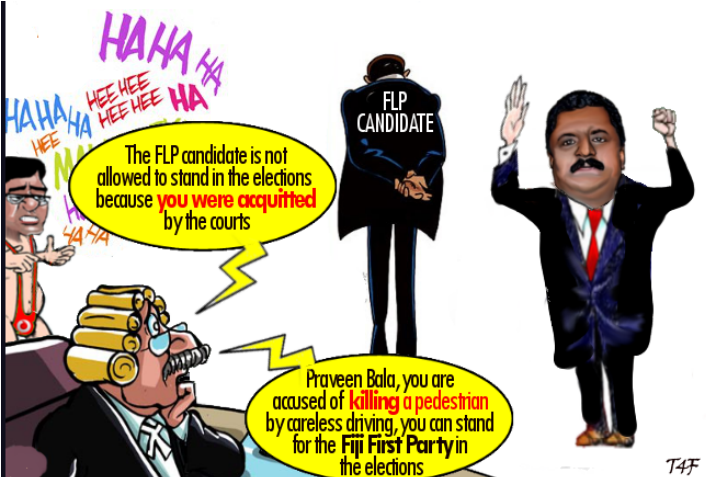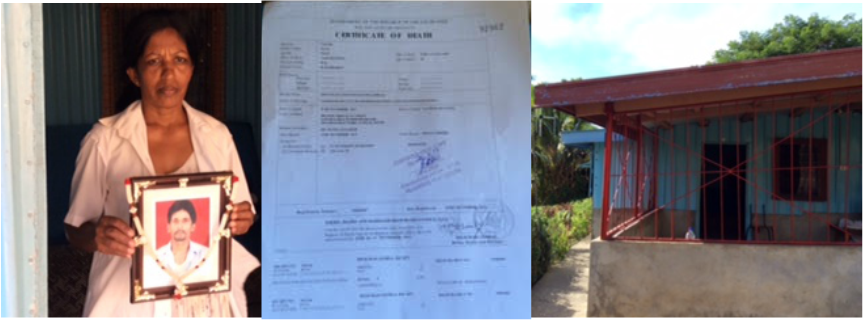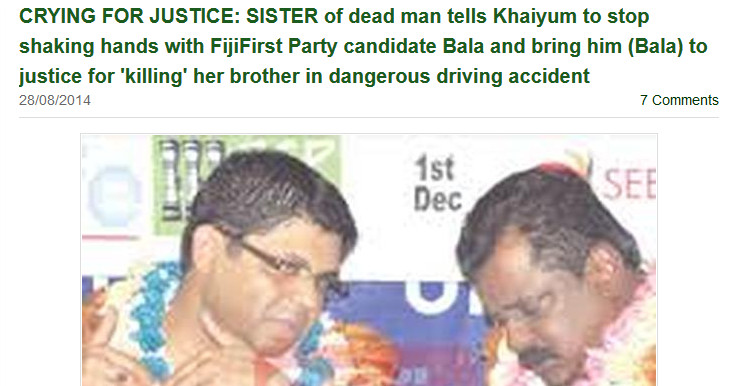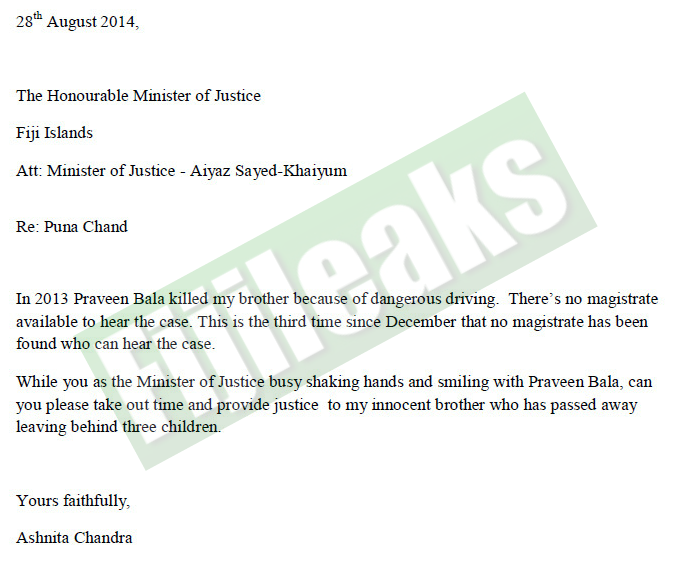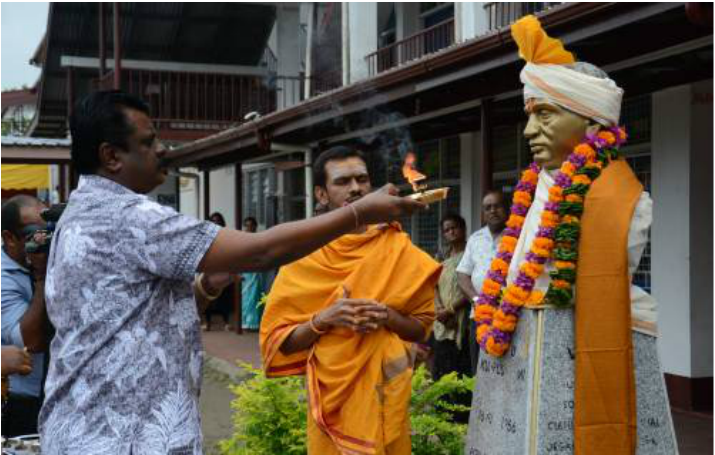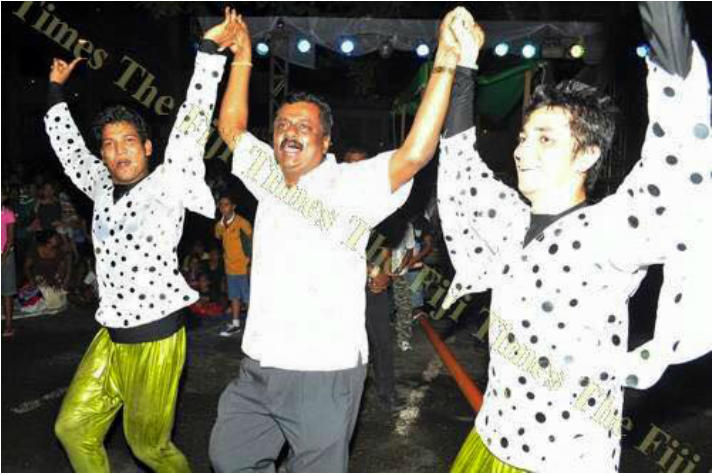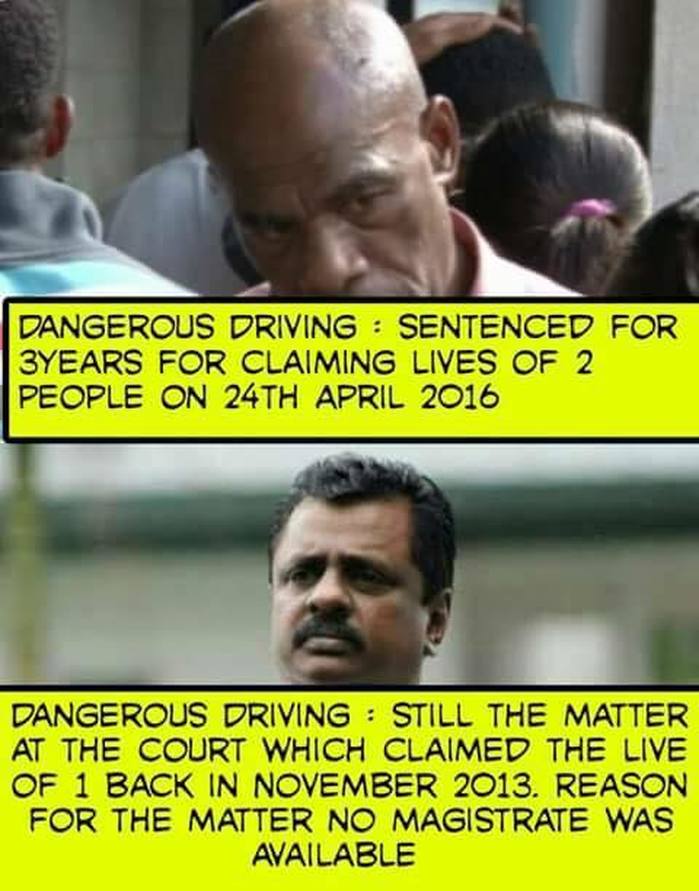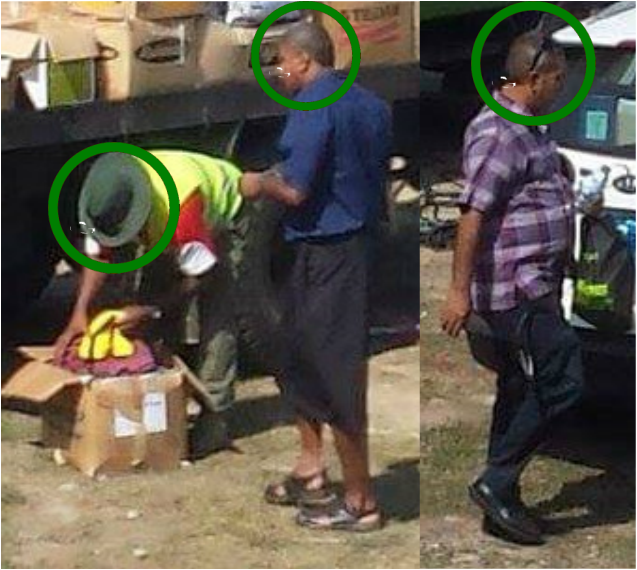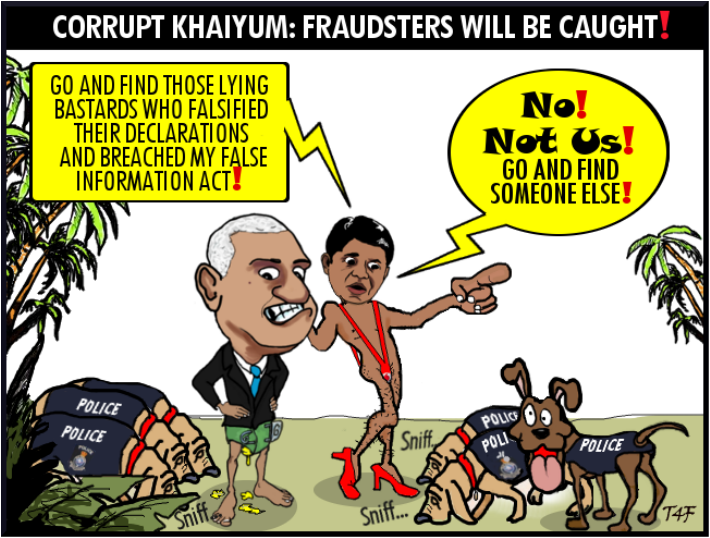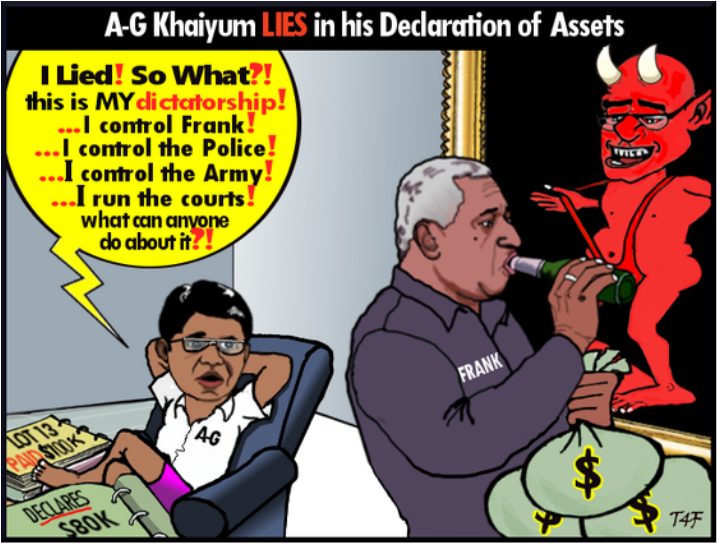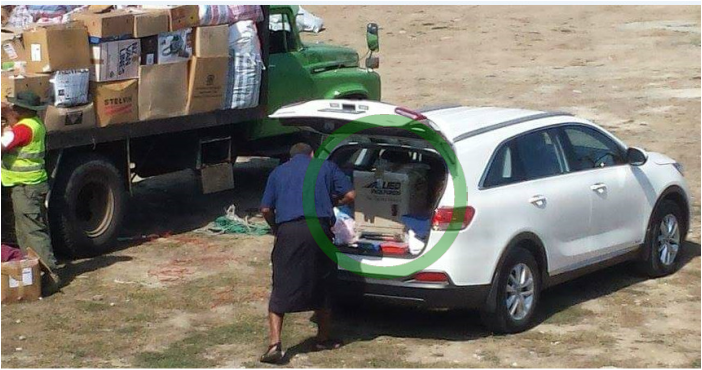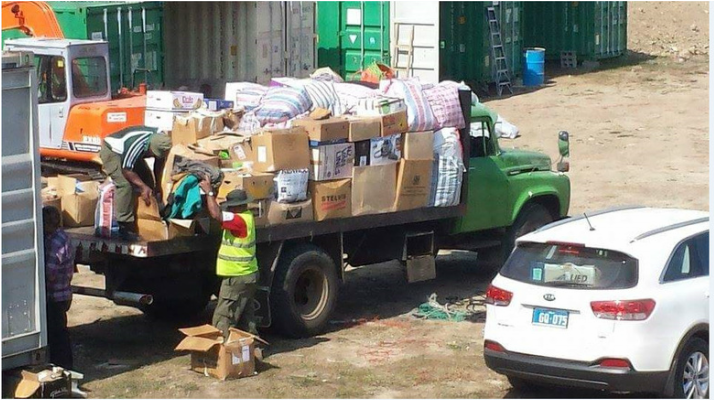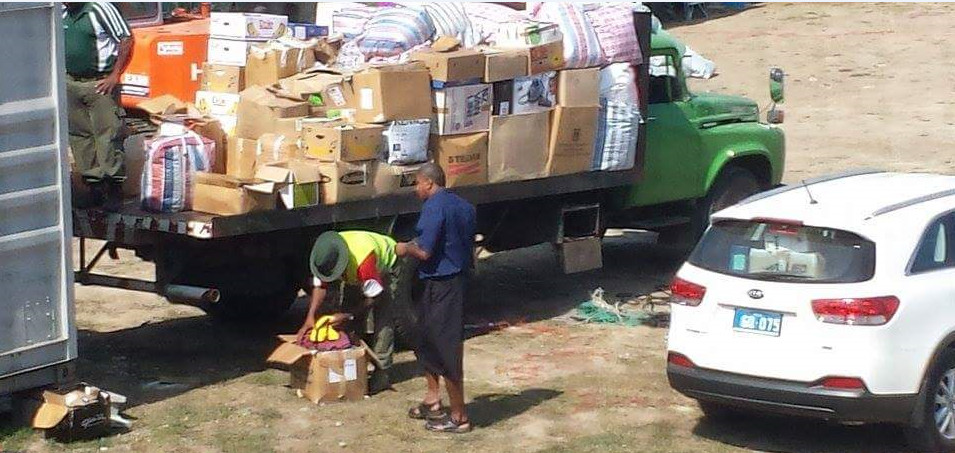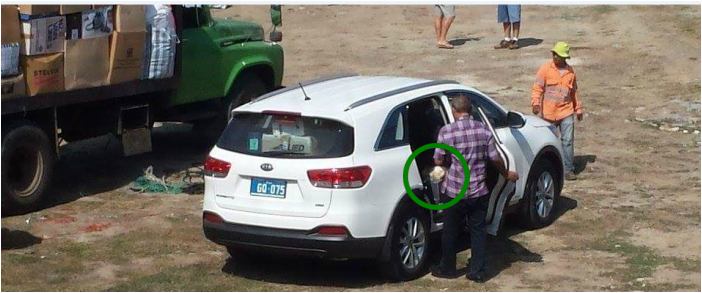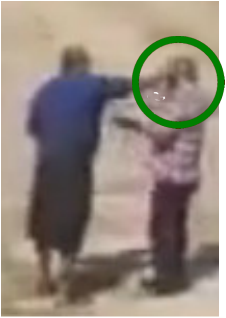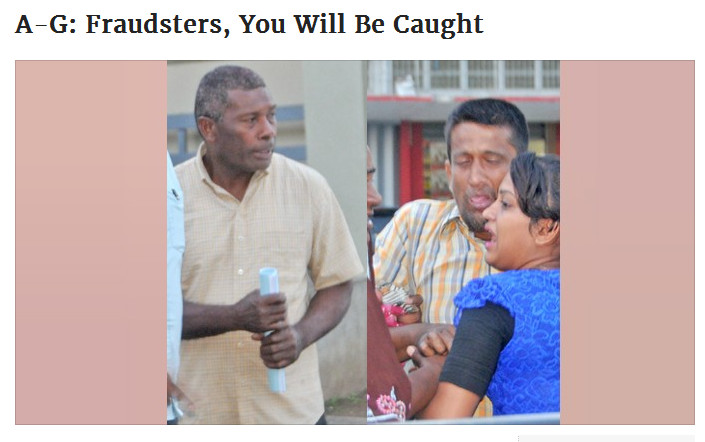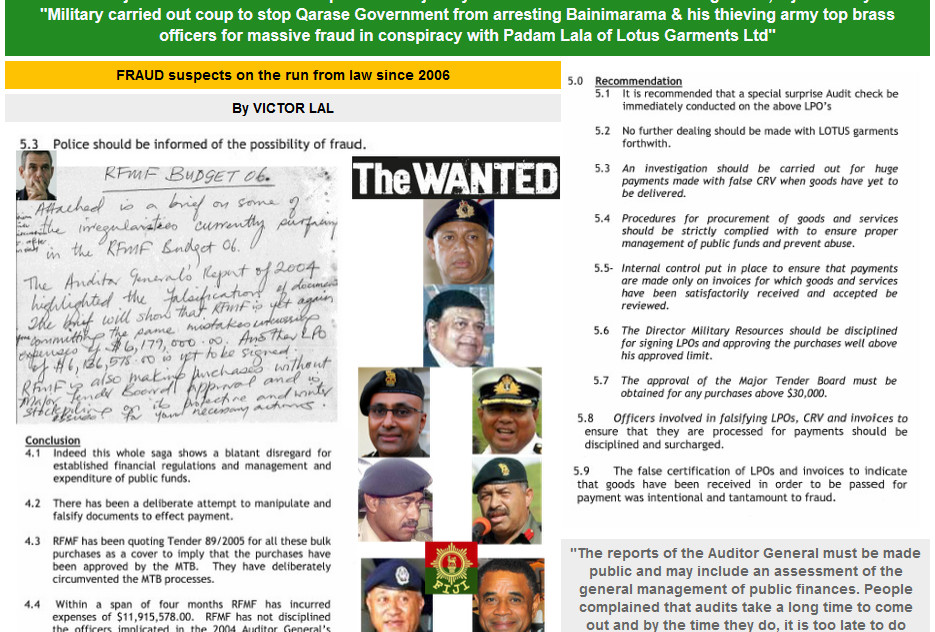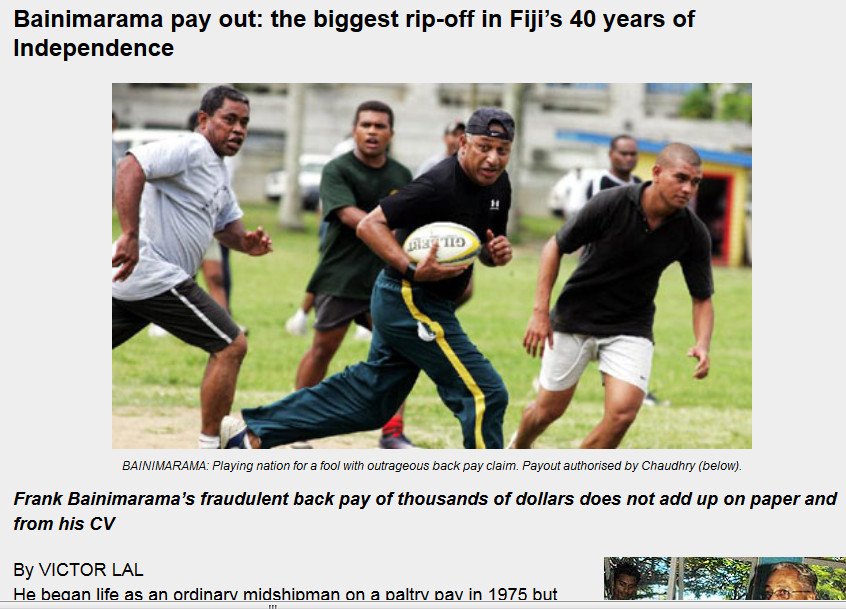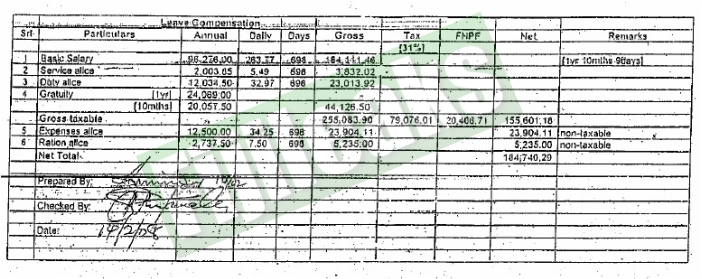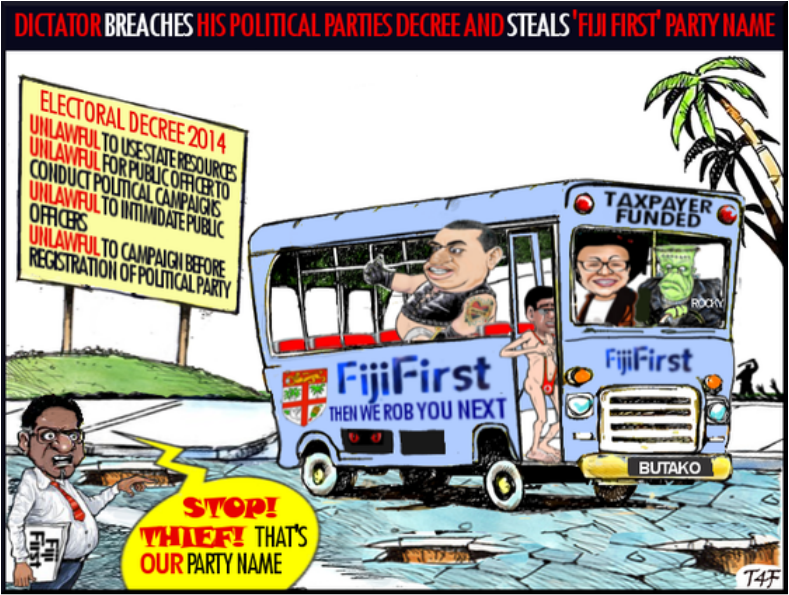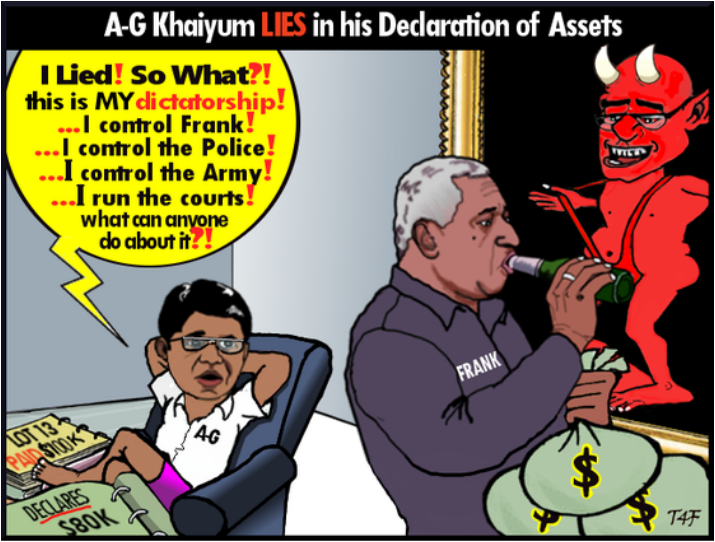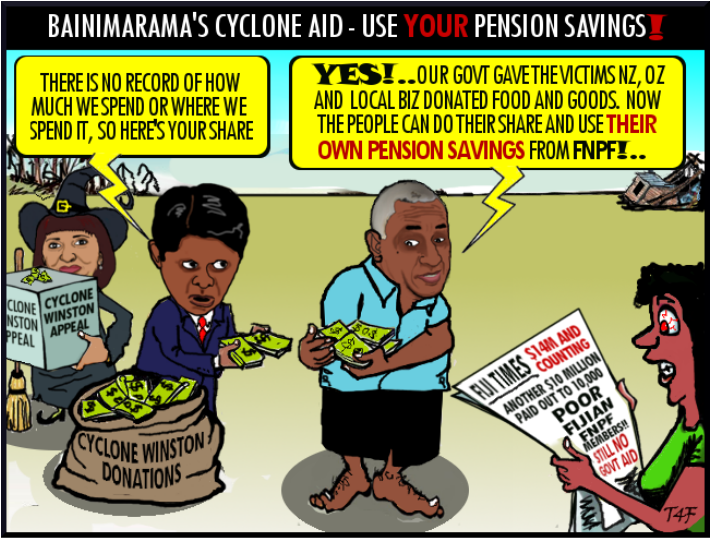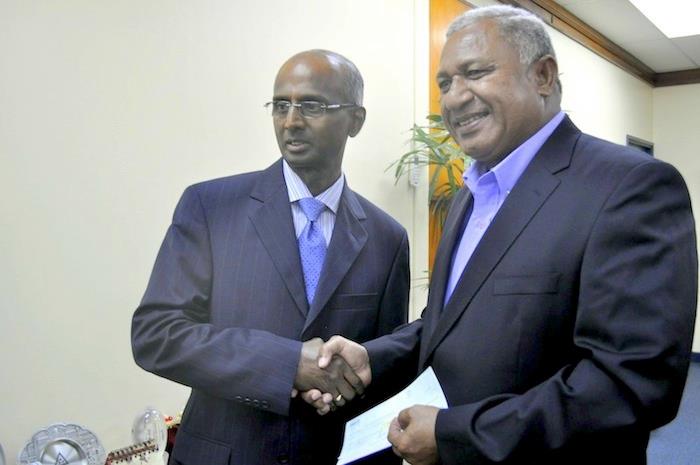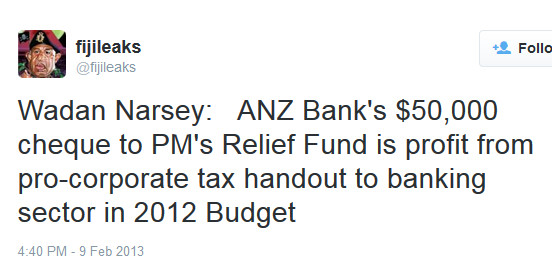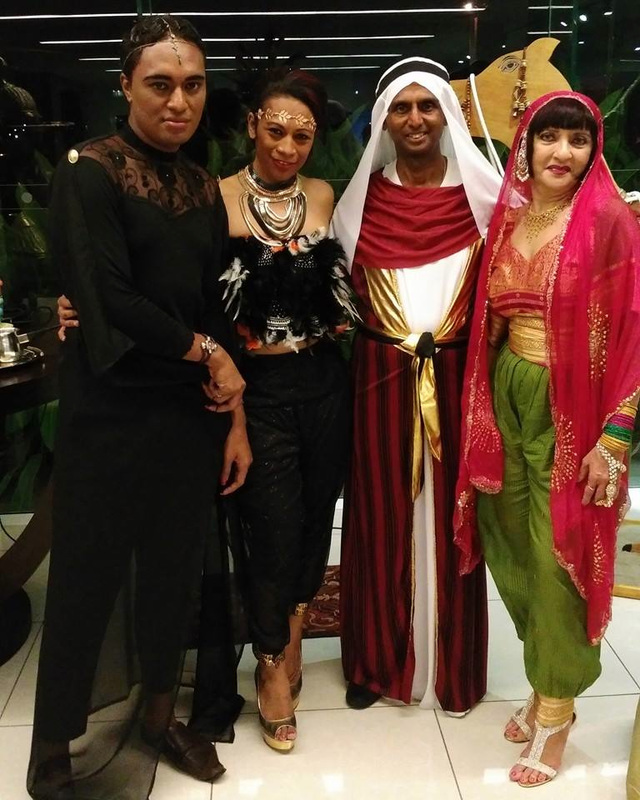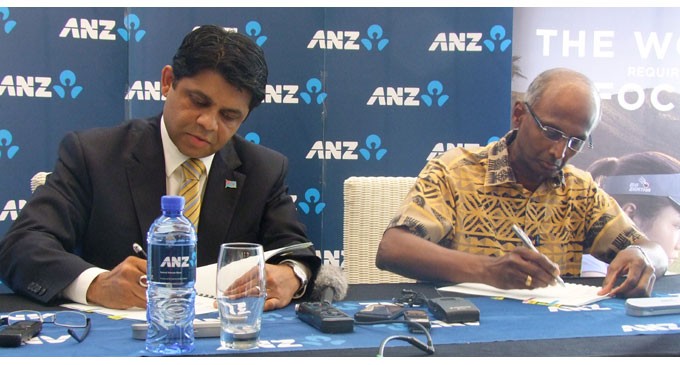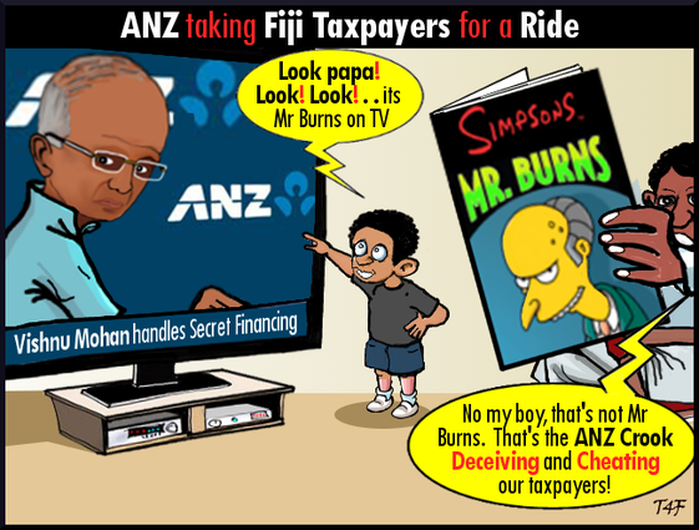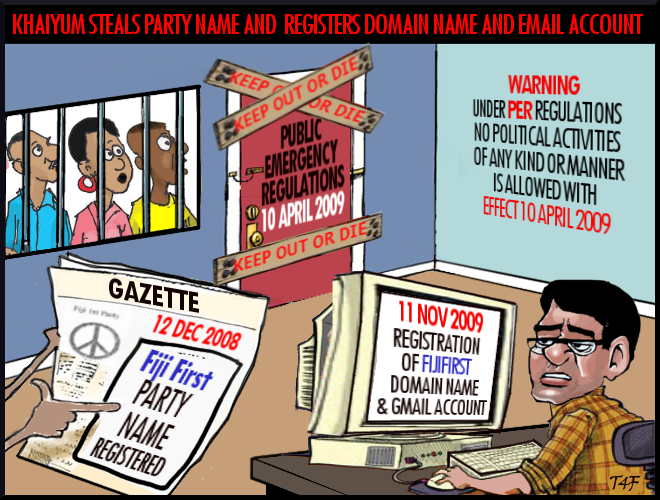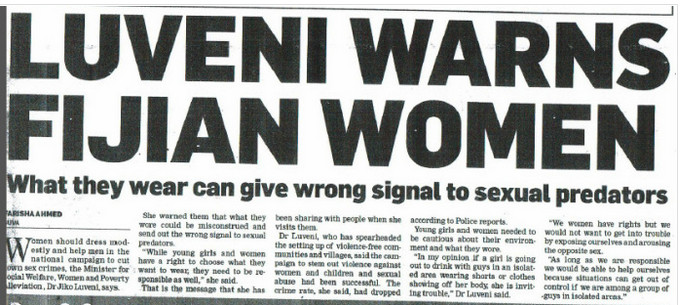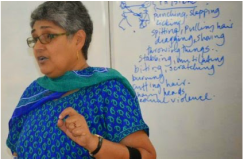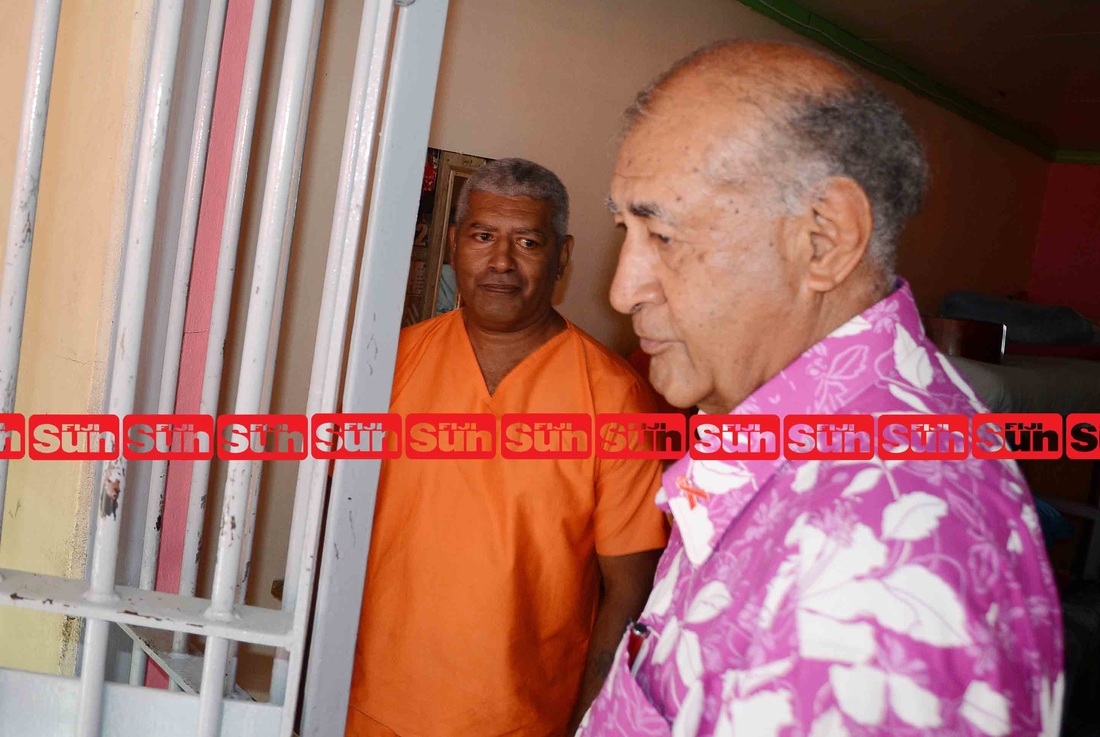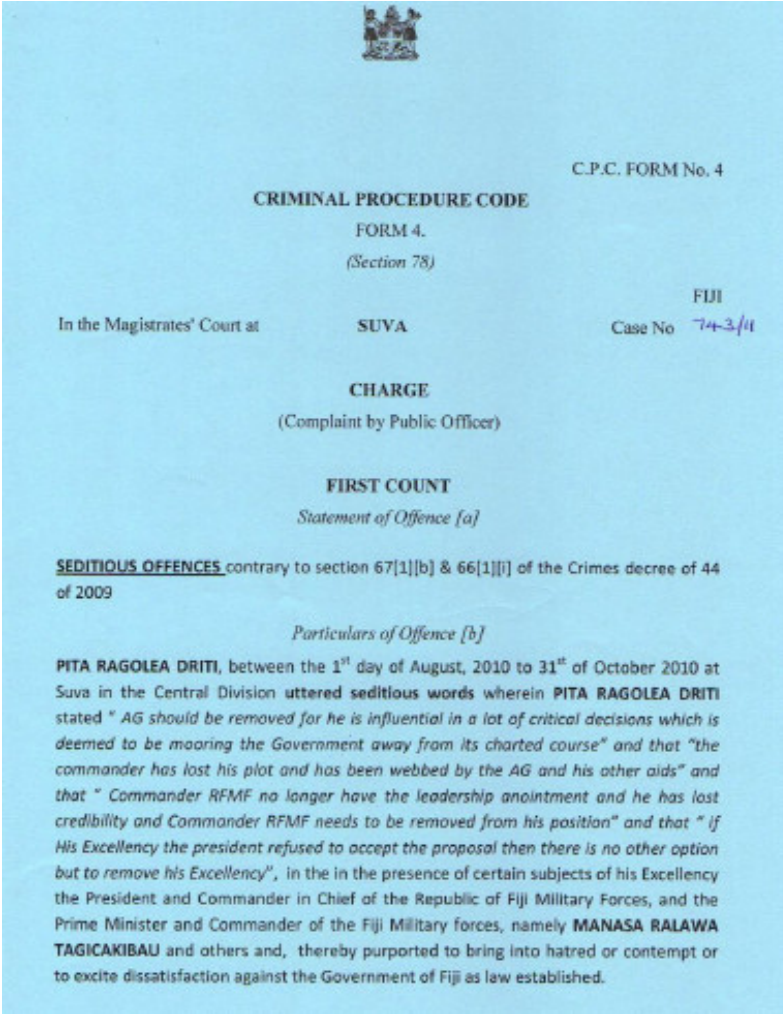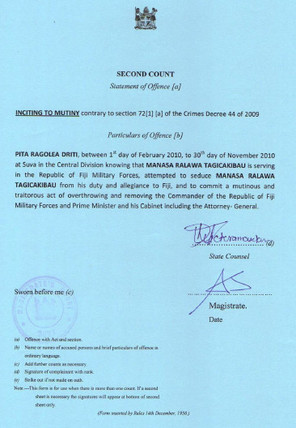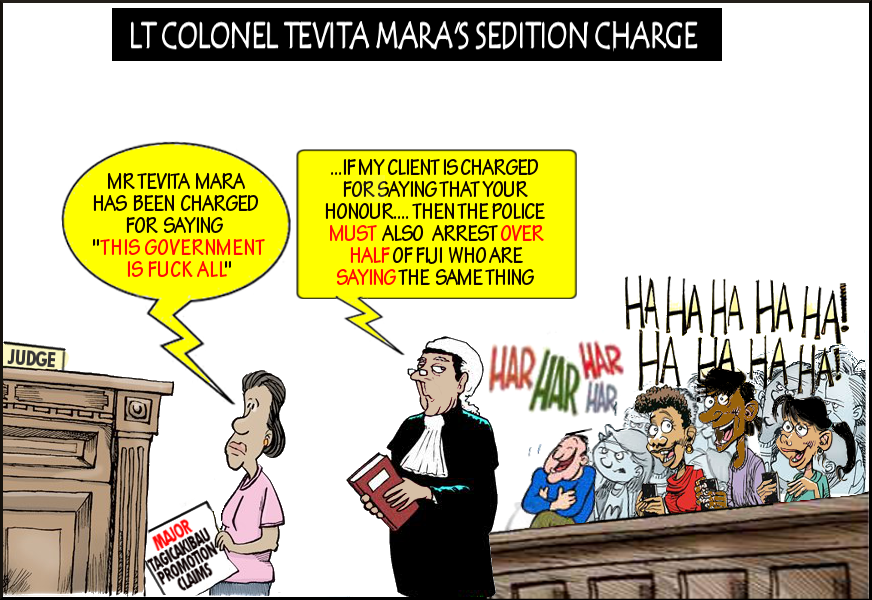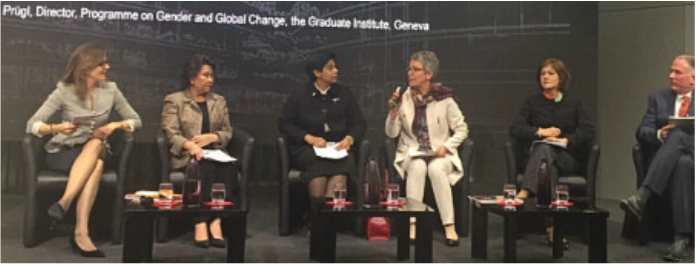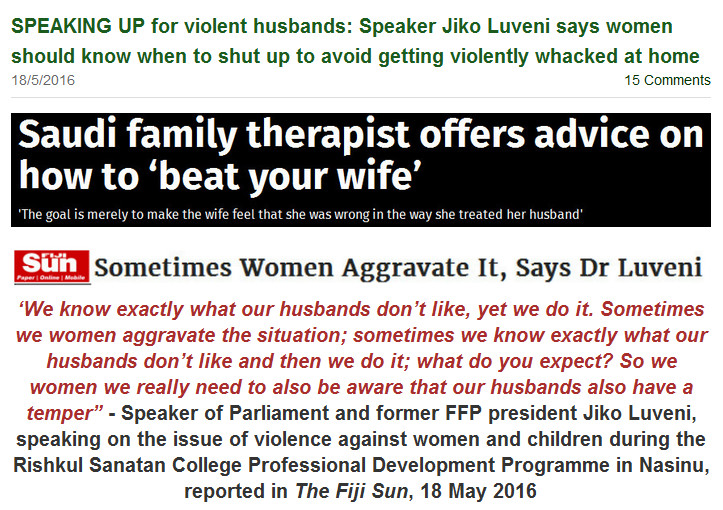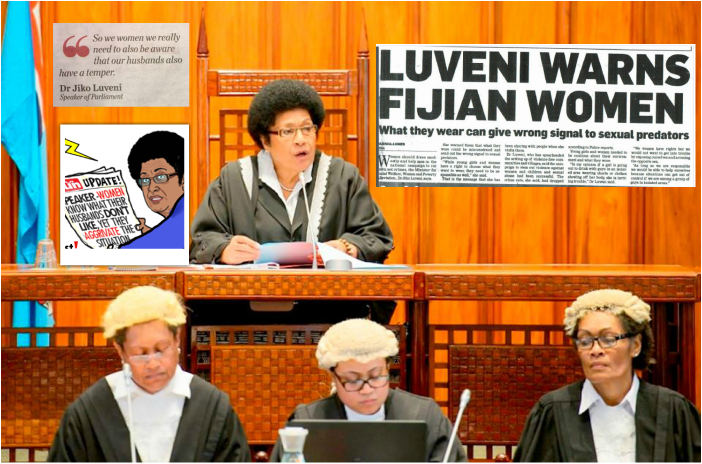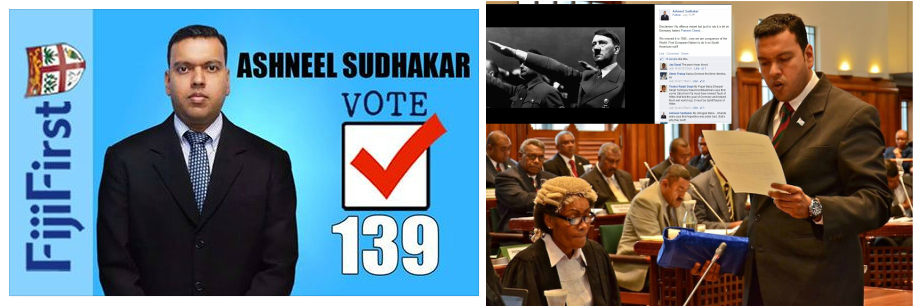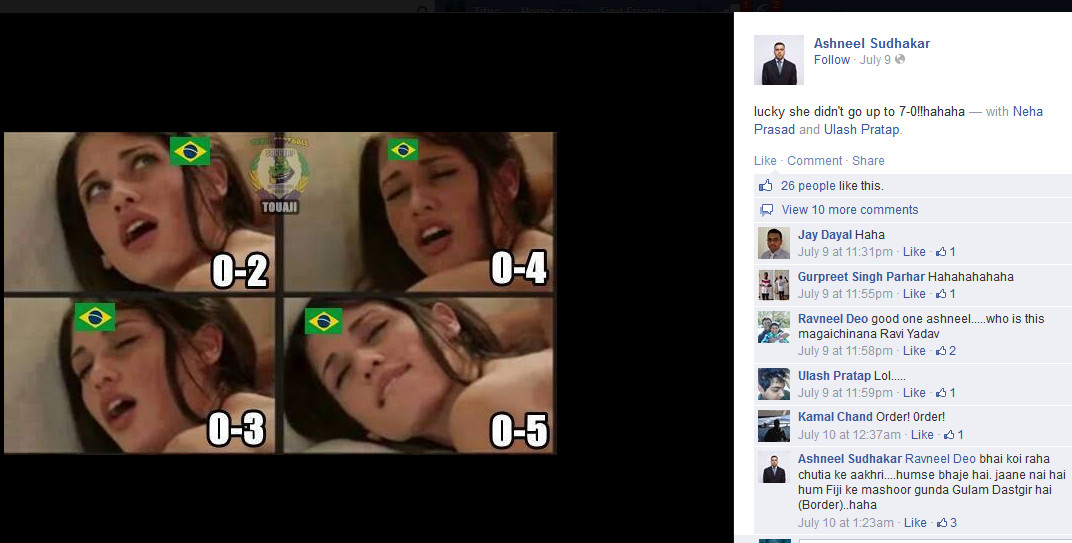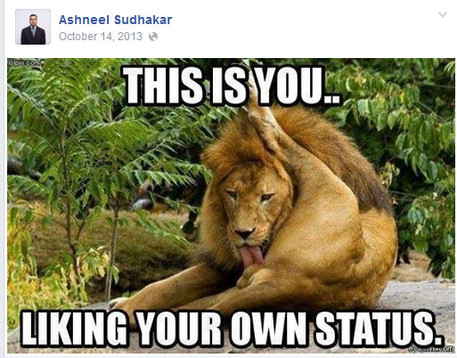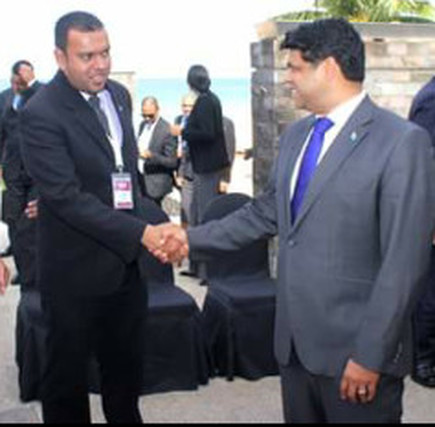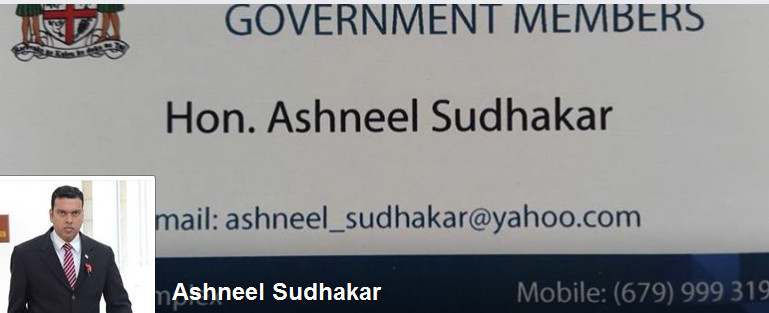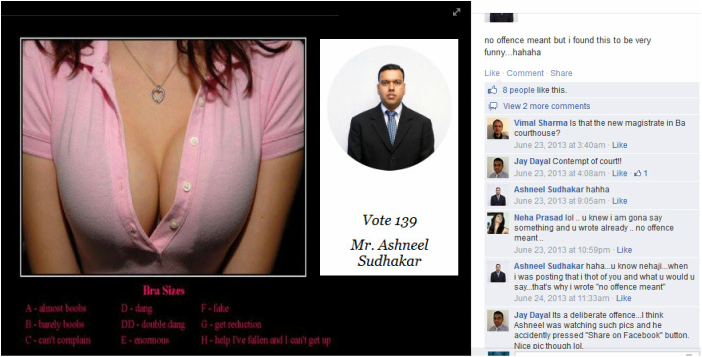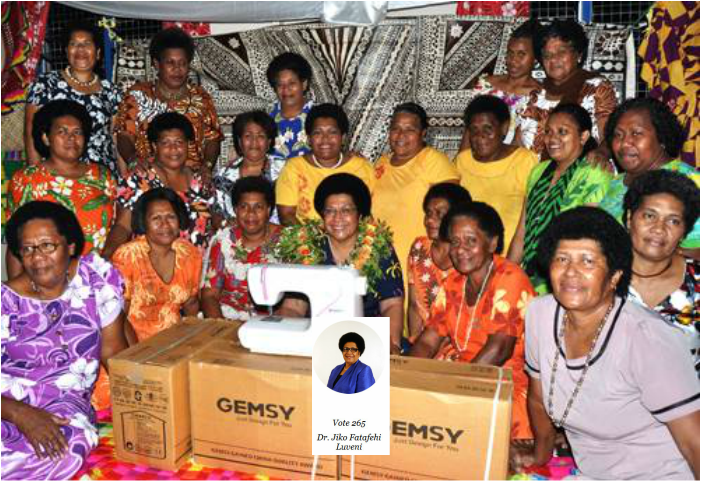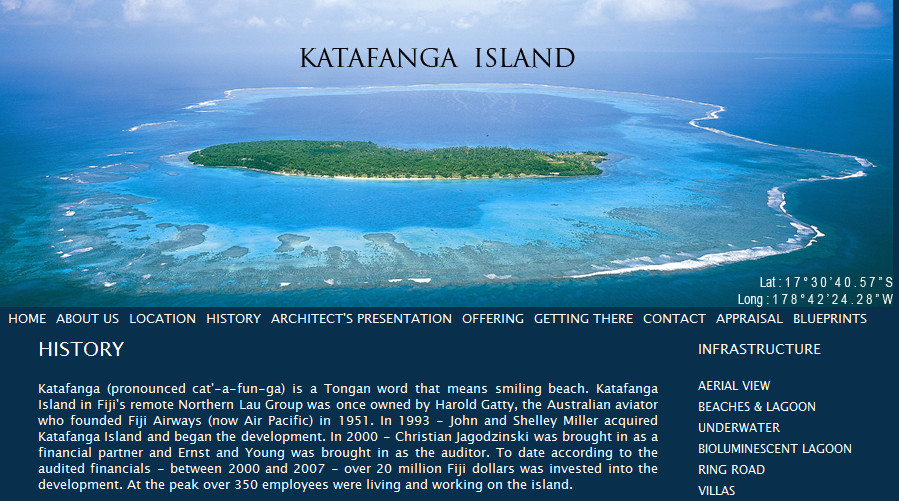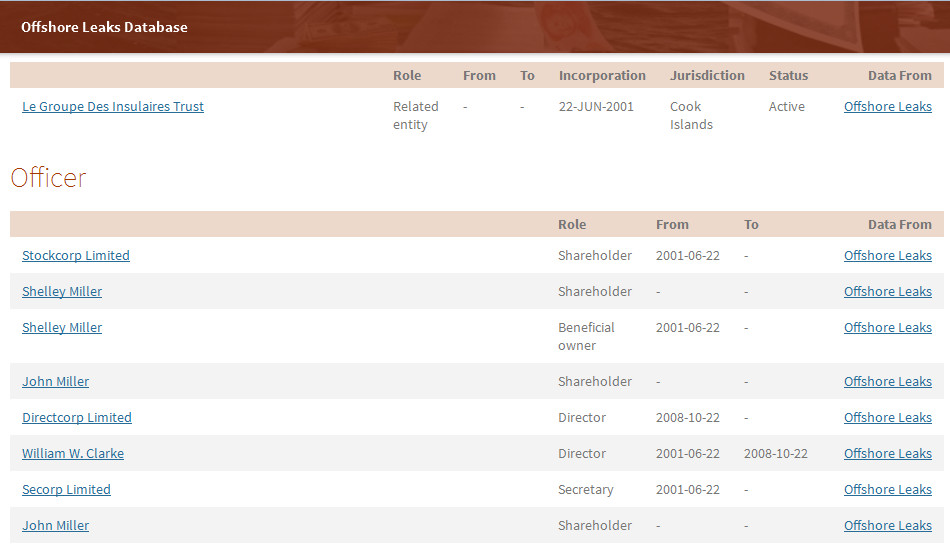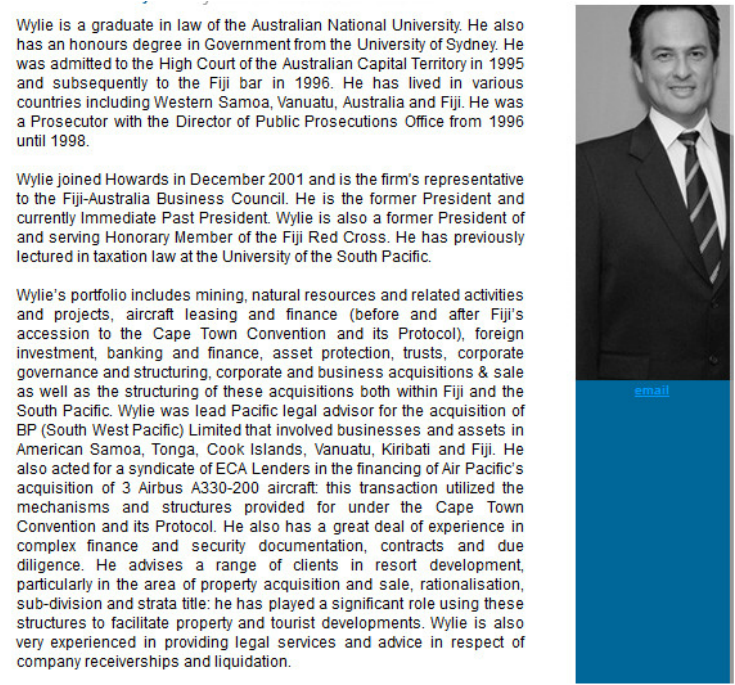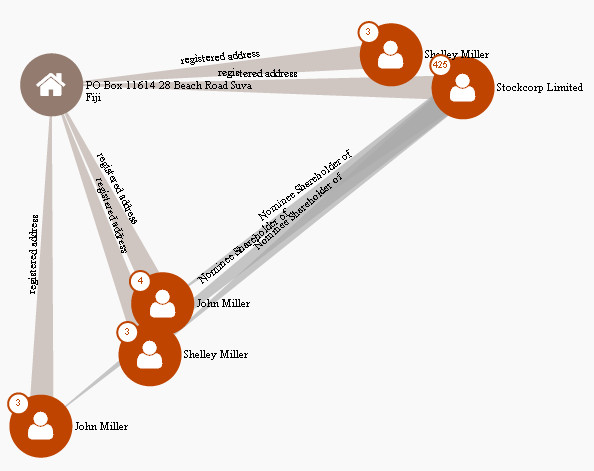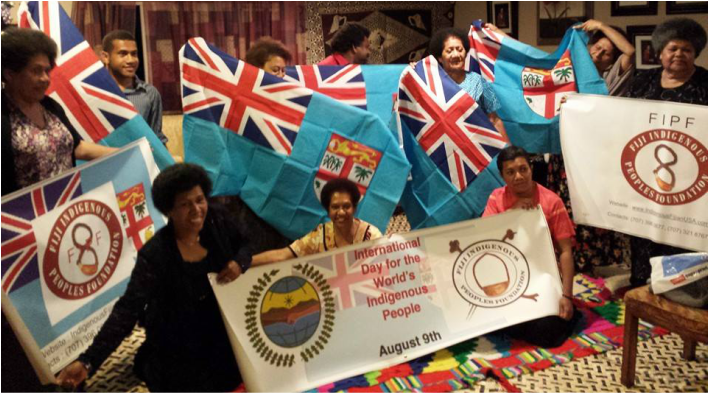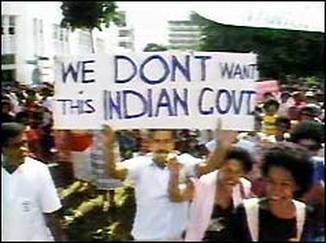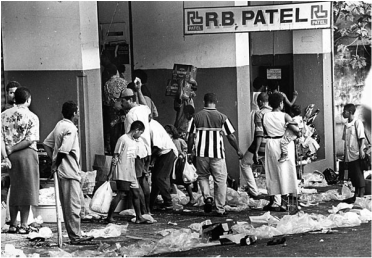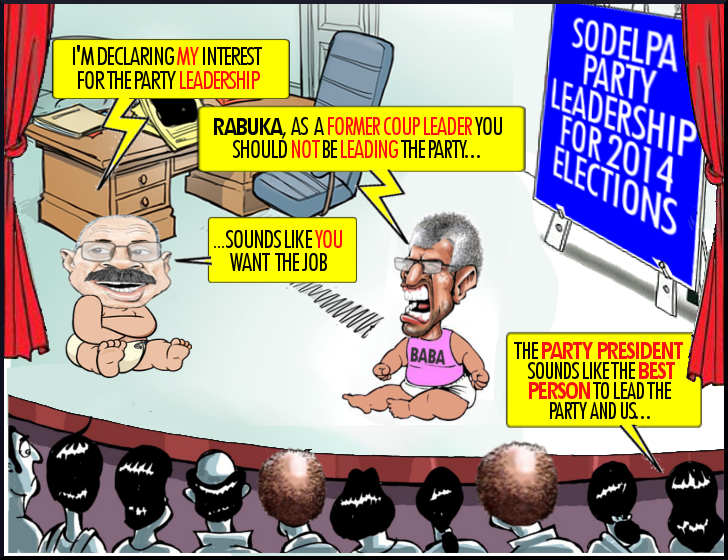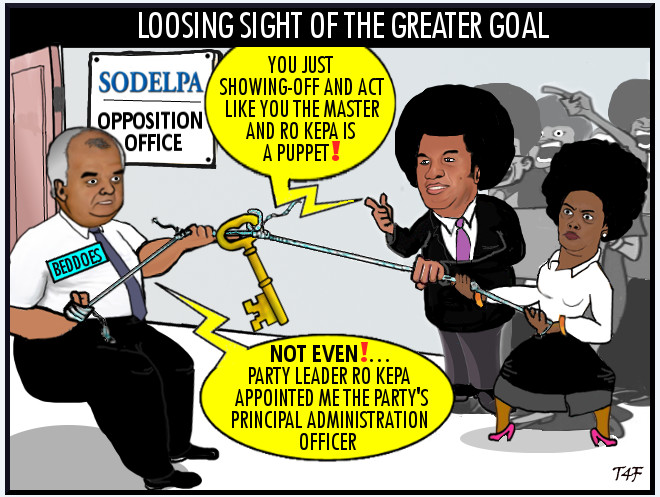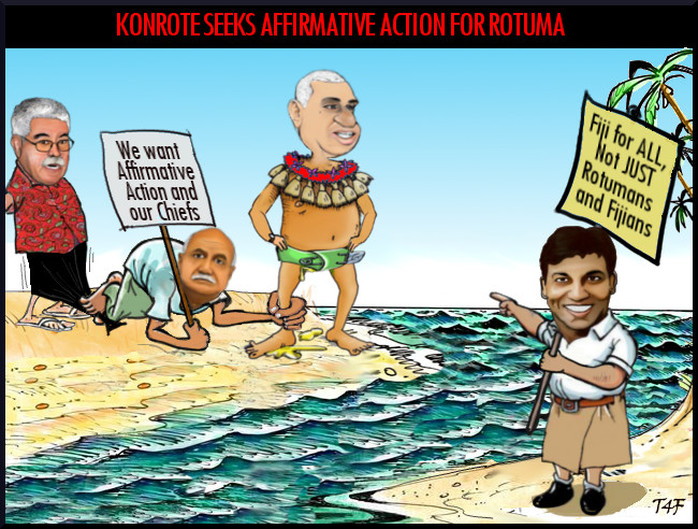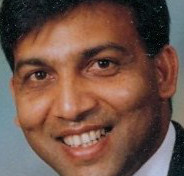Article 4.4: 'Any member who has been implicated and found guilty by the Council of Management/a court of law for any impropriety, corruption, fraud, fraudulent conversion of Sangam funds, or is owing money to Sangam or has been involved in any other act of disrepute and misconduct which is deemed to be detrimental to the interest of Sangam and/or has been disciplined under the provisions contained in Article 8 of the Memorandum and Articles of Association of Sangam shall not be eligible to be elected to any office bearer’s position nor be eligible to be a member of the Council of Management.' CONFLICT OF INTEREST?: Shailend Krishna is Sangam's legal adviser and is also representing Bala over the causing death by dangerous driving charge, so is there a conflict of interest? Should he be investigated by the Independent Legal Service Commission?
4 Comments
Education Minister Reddy was campaigning using Government resources "We make it abundantly clear these disgruntled members led by the Past President Dorsami Naidu, (who lost the election in year 2011), Area Vice President North Western (TISI) Parveen Kumar Bala, and Area Vice President Southern (TISI) Raja Kumaran, have no locus standi or legal basis and status to call their meeting an Annual General Meeting of TISI Sangam. These individuals through their servants and agents and support[er]s attempted to break into the Nadi Sangam College through bolt cutters & grinder and attempted to break in only to be foiled by the police. Hooliganism and abuse of the rule of law has no place in a civilized society. And TISI Sangam, which has always strictly adhered to the rule of law, is no exception. If they can condone illegality, hooliganism and abuse of the rule of law, then how can they be trusted to run Sangam?" - |
editor@fijileaks.comARCHIVES
September 2020 August 2020 July 2020 June 2020 December 2018 November 2018 October 2018 January 2018 December 2017 November 2017 October 2017 September 2017 August 2017 July 2017 June 2017 May 2017 April 2017 March 2017 February 2017 January 2017 December 2016 November 2016 October 2016 September 2016 August 2016 July 2016 June 2016 May 2016 April 2016 March 2016 February 2016 January 2016 December 2015 November 2015 October 2015 September 2015 August 2015 July 2015 June 2015 May 2015 April 2015 March 2015 February 2015 January 2015 December 2014 November 2014 October 2014 September 2014 August 2014 July 2014 June 2014 May 2014 April 2014 March 2014 February 2014 January 2014 December 2013 November 2013 October 2013 September 2013 August 2013 July 2013 June 2013 May 2013 April 2013 March 2013 February 2013 January 2013 December 2012 October 2012 September 2012 |
